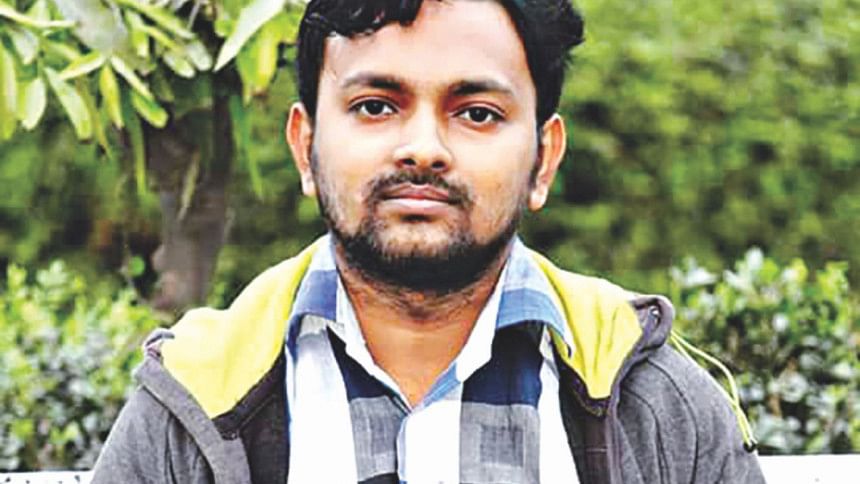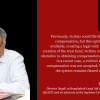Right to Life: At stake for unsafe road

This seems to have become a game being played with people's lives and their right to life.
Like any other citizen of the country, Titumir College student Rajib Hossain had the fundamental right to life which he was denied. His right met a tragic end. Every year, a few thousand people like Rajib are denied their rights due to the “systematic” killing on the roads.
The mindless killings have been taking place in the name of road accident. Most of the accidental deaths on the roads were not the outcome of mere accidents. The victims were, in fact, either murdered on the streets or left to die later for injury. And reckless driving, overtaking, engineering faults on roads, movement of unfit vehicles and disobedience to traffic rules have long been blamed for road accidents, taking toll on people's fundamental right to life guaranteed by the constitution.
These deaths, time and again, appeared as glaring examples of how people's right to life has become pointless.
It is the legal and constitutional obligation of the government as a whole and all other authorities concerned to ensure good roads and safety on them. Right to life largely depends on the right to livelihood and safe road is essential for free movement for the sake of livelihood.
But the procession of deaths on the roads keeps exposing bad governance and vicious cycle of corruption in the watchdog bodies who are supposed to ensure road safety.
In nexus with unscrupulous officials, many transport owners bother little about the laws governing the road and traffic. Moreover, their political affiliation contributed to taking them above the law!
Whenever any legal action was taken against unfit buses or fake driving licence holders or their wrongdoings in the past, they enforced transport strike and realised their demand by holding people hostage.
Everything seems to have become a game! Who are paying the price for that game? Everybody knows the answer: people, people and people.
According to the Passenger Welfare Association of Bangladesh, at least 7,397 people were killed and 16,193 others injured in 4,979 road accidents last year. Among the injured, 1,722 were maimed for life.
The death toll is on the rise. Road accidents increased by 15.5 percent, deaths increased by 22.2 percent and number of injured by about 2 percent last year compared to that in 2016.
Those who got killed on the roads and maimed for life were travelling for their livelihood. Those who are alive need to move everyday to meet the needs of their daily lives.
If their right to movement is crippled for dangerous road situation, their right to life does not matter much.
Life is not about mere existence. Right to life, according to the Indian Supreme Court, includes also the right to those which make life with dignity possible -- like food, water, health care, education, and shelter.
Food, water, health care, education, clean water and shelter-- all those are daily necessities of life. And people need to work, need to move to manage the necessities.
This is why in 2015 the Bombay High Court in a landmark order declared that properly maintained roads are a part of people's fundamental rights -- right to life and right to personal liberty.
This is also applicable here in Bangladesh as our constitution offers the same fundamental rights to people.
In 2016, the Supreme Court in a verdict on police's arbitrary use of powers rightly prioritised the right to life saying, "No right can be compared with the right to life without which all other rights are meaningless."
So, the government departments concerned must act to maintain proper road governance and traffic to prevent people's fundamental right to life becoming pointless.
Otherwise, they cannot avert the responsibility as the Bombay High Court announced: "It is high time that all concerned clearly understand that the right to have properly maintained roads is a part of fundamental rights [right to life and right to personal liberty] guaranteed by the constitution and in the event any loss is caused due to its violation, the citizens have a right to seek compensation.”

 For all latest news, follow The Daily Star's Google News channel.
For all latest news, follow The Daily Star's Google News channel. 








Comments